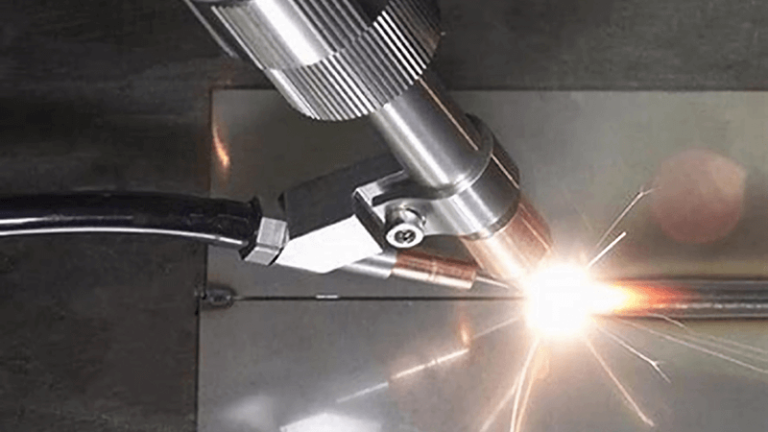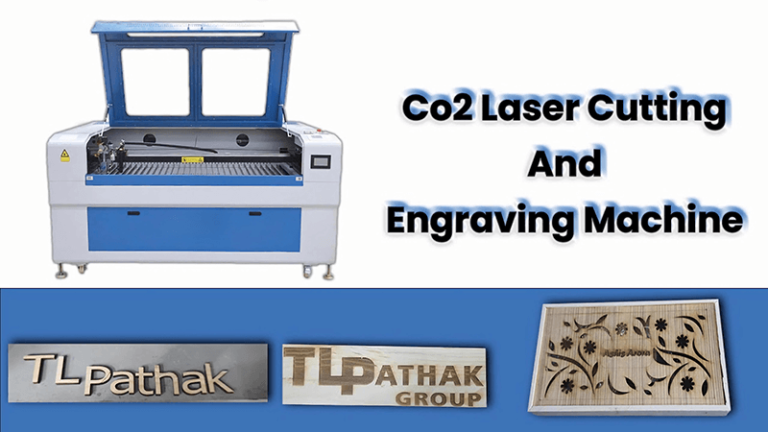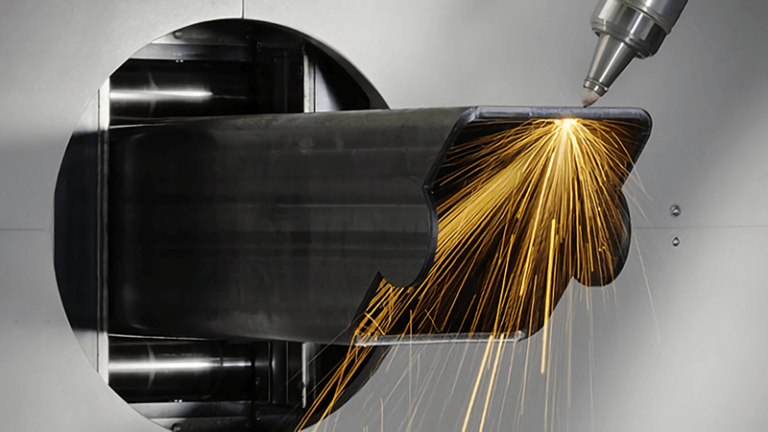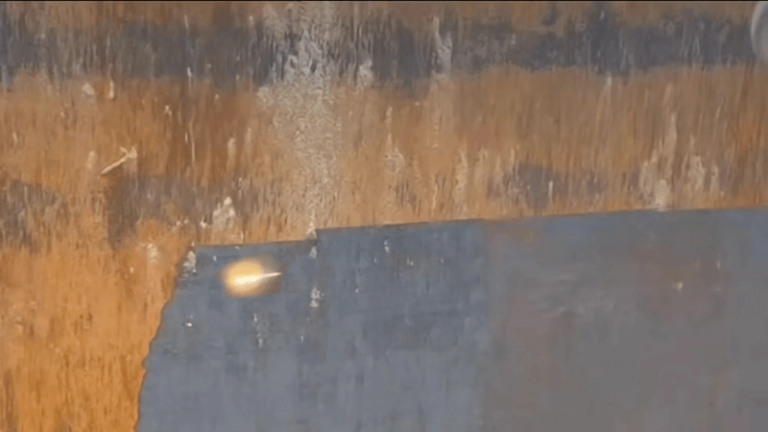Sometimes, innovation isn't about inventing something new—it’s about improving what we already have. In laser engraving, IoT isn’t just a buzzword anymore. It’s a powerful way to make these machines smarter, faster, and more reliable.
Yes, integrating IoT into laser engraving machines turns them into intelligent systems that monitor performance, predict maintenance, and reduce downtime. It's not just possible—it's already happening, and it's a major upgrade for manufacturers.
In this article, I’ll dive into how IoT fits with laser engravers, what kinds of projects this technology unlocks, what tools you’ll need, and whether there’s a strong market for laser-engraved goods. From Kirin Laser’s experience, this tech opens doors.
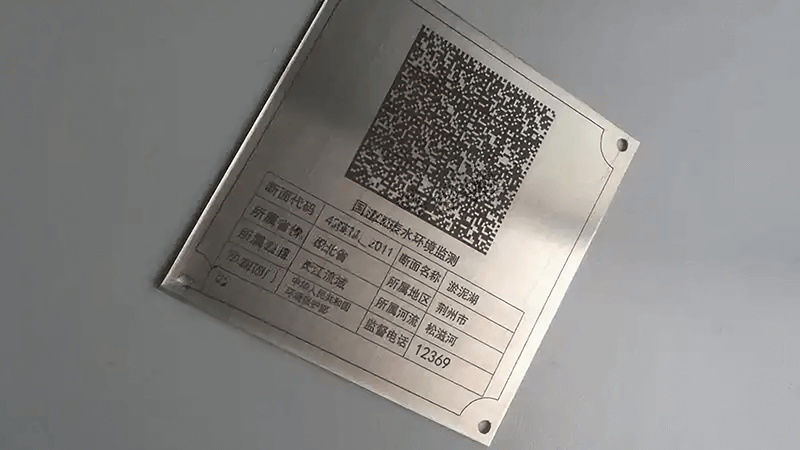
What are laser cutters in IoT?
When we talk about “laser cutters in IoT,” we’re talking about combining precision hardware with digital intelligence. Many people think IoT only applies to home appliances or smartwatches, but industrial laser systems can benefit just as much—if not more.
Laser cutters in IoT are machines equipped with sensors, data analytics, and cloud connectivity to self-monitor, automate tasks, and report their performance in real time.
Smarter Systems for Smart Manufacturing
At Kirin Laser, we’ve seen firsthand how industrial clients benefit from embedding IoT into their systems. For example:
Real-Time Monitoring
Laser engraving machines can now track key metrics1—temperature, humidity, laser power, movement speed—every second. These readings go straight to the cloud or a local dashboard. If something is off, the system flags it immediately.
| Metric | Normal Range | Triggered Alert |
|---|---|---|
| Laser Power | 95–100% | <90% |
| Cooling Temp | 15–25°C | >30°C |
| Vibration | Low | High |
Predictive Maintenance
Instead of waiting for something to break, IoT systems watch how each component behaves over time. If the laser head starts dragging or the axis motor shows signs of resistance, the software can send a warning. One of our clients in the automotive industry cut 30% of their machine downtime using this system.
Remote Access and Control
IoT enables remote control panels2. You don’t need to be next to the machine to start, stop, pause, or monitor your project. This is a huge help for distributed manufacturing teams.
By turning laser engravers3 into smart tools, we create more value and fewer problems. And as factories move toward Industry 4.04, this integration becomes less of an option and more of a must-have
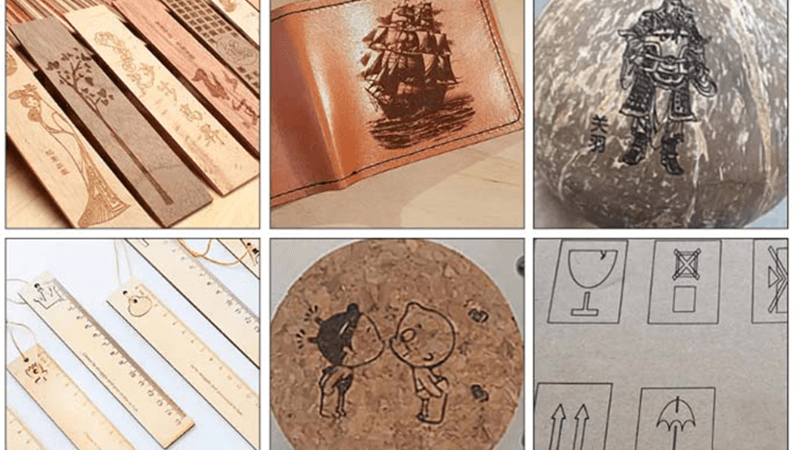
What are some other projects that can be created using a laser engraver cutter?
It’s easy to think of laser engravers as tools for logos on wood or metal. But in reality, the possibilities go far beyond that. These machines are creative powerhouses when matched with the right design and material.
Laser engravers can be used to create industrial parts, signage, jewelry, art pieces, prototypes, and even IoT-enabled smart products. The limit is more about your imagination than the machine.
Endless Applications Across Industries
Let me break down the most common (and innovative) laser engraving5 project categories we’ve seen at Kirin Laser:
1. Prototyping & Product Development
Laser engravers are essential in R&D labs. Engineers use them to build quick, precise prototypes. Whether it’s cutting casing for a smart sensor or engraving serial numbers on test parts, the machine delivers speed and repeatability.
2. Industrial Part Marking
Manufacturers often need permanent, high-precision marks—QR codes, barcodes, batch numbers. This is where laser engravers shine. They etch metal, plastic, and even ceramic without weakening the material.
3. Custom Consumer Goods
Personalized gifts, home decor, and accessories sell well online. From leather wallets to bamboo phone cases, people love custom-engraved products.
4. Smart Product Enclosures
With the rise of IoT, startups are creating smart sensors and devices that need clean, branded enclosures. Laser engraving is ideal for cutting acrylic panels and adding detail.
| Project Type | Common Materials | Industry Use |
|---|---|---|
| QR Code Marking | Aluminum, Steel | Automotive, Aerospace |
| Custom Gifts | Wood, Acrylic, Leather | E-commerce, Retail |
| Prototype Enclosures | ABS, Acrylic | Tech, Product Development |
| PCB Boards | FR4 | Electronics Manufacturing |
Laser engravers today aren’t just for art—they’re tools for precision manufacturing, rapid prototyping, and innovation.
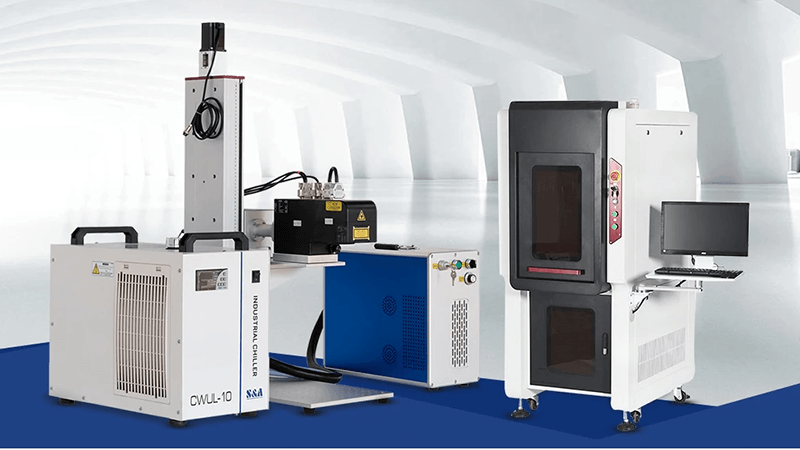
What software is used with the laser engraver?
Hardware without software is just metal. That’s why the right software is critical for making the most out of your laser engraving machine. From design to machine control, the workflow depends on seamless digital tools.
Laser engraving software includes design platforms like LightBurn, CorelDRAW, AutoCAD, and control software like EZCAD. These tools help you design, edit, and send files directly to the laser system.
Software Choices for Precision and Customization
Here’s a closer look at the tools most commonly used with our machines at Kirin Laser:
LightBurn
LightBurn6 is one of the most popular choices for both hobbyists and professionals. It offers a clean UI and full control over speed, power, and layers. It’s compatible with many types of machines, including those from Kirin Laser.
EZCAD
This software is standard for fiber laser engravers. It’s powerful for marking metals, QR codes, and serial numbers. With the right settings, you can automate workflows and batch process hundreds of units.
CorelDRAW and AutoCAD
For more complex designs, many users prefer starting in professional vector software. These tools are great for engineering drawings or marketing visuals. Once the design is ready, it gets imported into the engraving software.
| Software | Type | Best Use Case | Compatible With |
|---|---|---|---|
| LightBurn | Design + Control | Wood, Acrylic, Batch Projects | CO2, Diode Lasers |
| EZCAD7 | Control Only | Metal Engraving, QR/Serial Marking | Fiber Lasers |
| CorelDRAW | Design Only | Detailed Logos, Vector Art | All Lasers (via export) |
| AutoCAD | CAD Design | Industrial Components, Prototypes | Industrial Lasers |
We always recommend choosing your software based on your industry, material, and volume. Having the right digital workflow can speed up production, reduce errors, and help scale your business.
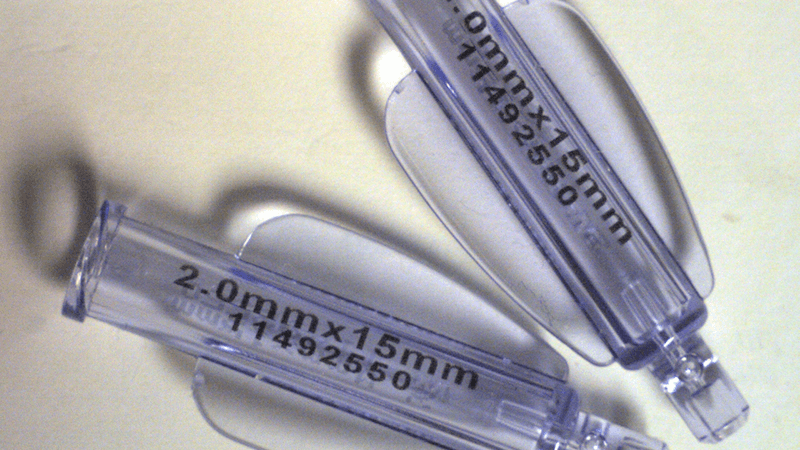
Is there a market for laser engraved items?
Many people assume the laser engraving market is niche. But it’s actually growing fast—and not just for B2C. From industrial part tracking to custom branding, demand is rising across many industries.
Yes, there is a growing market for laser engraved items, especially in sectors like industrial manufacturing, retail, personalized gifts, and even electronics. Customization and durability are driving demand.
Market Segments That Matter
At Kirin Laser, we supply to both large-scale factories and small creative businesses. Here’s where we see real growth:
Industrial Sector
OEMs and factories require engraved serial numbers, safety info, and part IDs. They need fast, permanent marks that don’t wear off. Fiber laser engravers8 dominate this space.
Retail and E-commerce
Small businesses and Etsy sellers are driving custom product demand. Personalized tumblers, cutting boards, and gifts are profitable and scalable.
Jewelry and Fashion
High-end designers use laser engravers to add logos and fine detail on metals, leather, and more. Precision is key here, and our machines are often their go-to tools.
Smart Tech & Electronics
As more smart products go to market, brands need clean, custom-marked casings and PCBs. Lasers give them that edge.
| Market Segment | Common Use Cases | Laser Type Used |
|---|---|---|
| Industrial | Serial Marking, Safety Labels | Fiber Laser |
| E-commerce | Gifts, Decor, Brand Logos | CO2 Laser |
| Jewelry & Fashion | Fine Engraving on Metals | Fiber / UV Laser |
| Smart Electronics | Enclosure Etching, PCB Boards | Fiber / CO2 |
The market is not just alive—it’s thriving. And as more industries demand precision and personalization, laser engraving is becoming a core part of modern production.
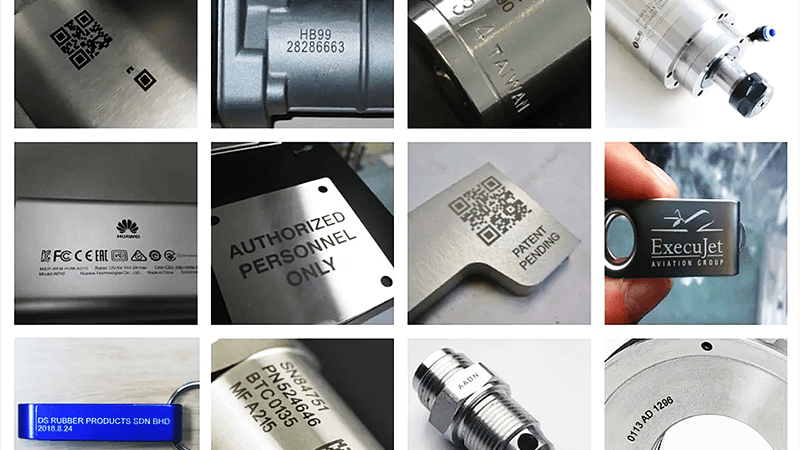
Conclusion
Using IoT on a laser engraver 9 isn’t just a cool idea—it’s the future of smart manufacturing. It turns a traditional machine into a self-aware tool that cuts costs, reduces downtime, and delivers consistent results. Whether you’re building prototypes, running a factory, or selling custom products, there’s a strong market and powerful technology ready to help.
At Kirin Laser, we don’t just sell machines—we help our clients evolve. IoT integration is the next step in that journey, and we’re here to lead the way.
-
Understanding key metrics can significantly improve the efficiency and output quality of laser engraving. ↩
-
Explore how remote control panels enhance efficiency and flexibility in IoT applications, especially for manufacturing teams. ↩
-
Discover the role of laser engravers in smart manufacturing and how they contribute to efficiency and innovation. ↩
-
Learn about Industry 4.0's transformative effects on manufacturing processes and the importance of smart technology integration. ↩
-
Explore how laser engraving is revolutionizing industries from manufacturing to consumer goods, enhancing precision and creativity. ↩
-
Explore the features of LightBurn to see how it can enhance your laser engraving projects with its user-friendly interface and powerful controls. ↩
-
Discover how EZCAD can streamline your fiber laser engraving tasks, making it easier to mark metals and automate workflows. ↩
-
Explore this link to understand how Fiber laser engravers enhance efficiency and precision in industrial settings. ↩
-
Know the best laser engraving solutions from Kirin Laser, clicking this link to get all you need, including the price. ↩


